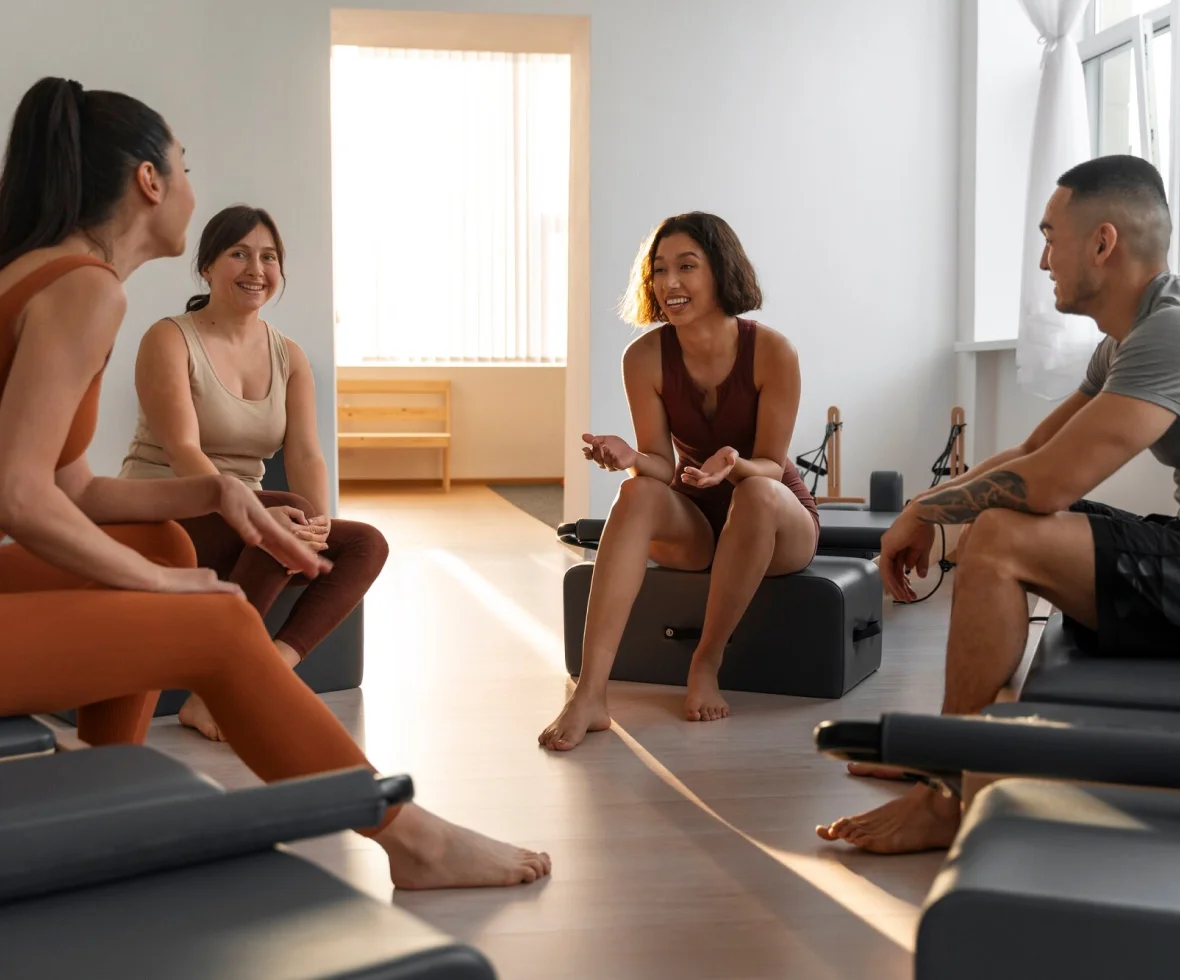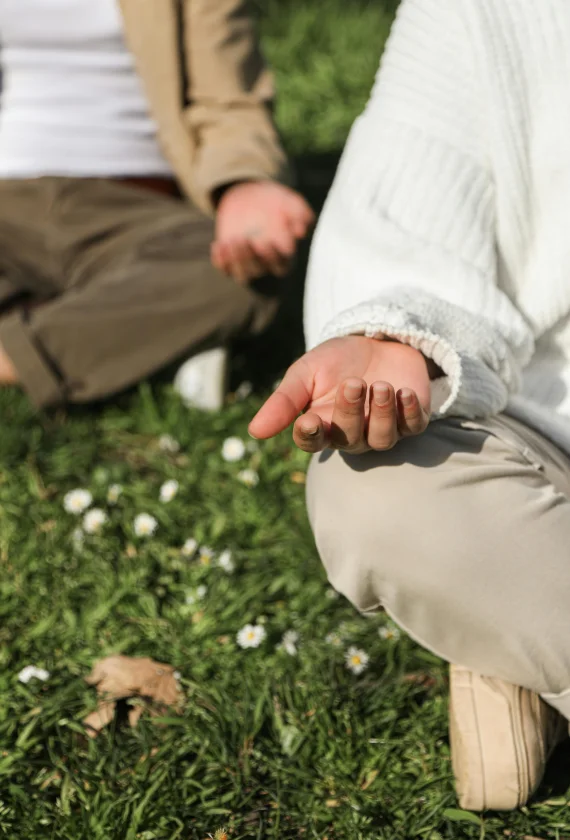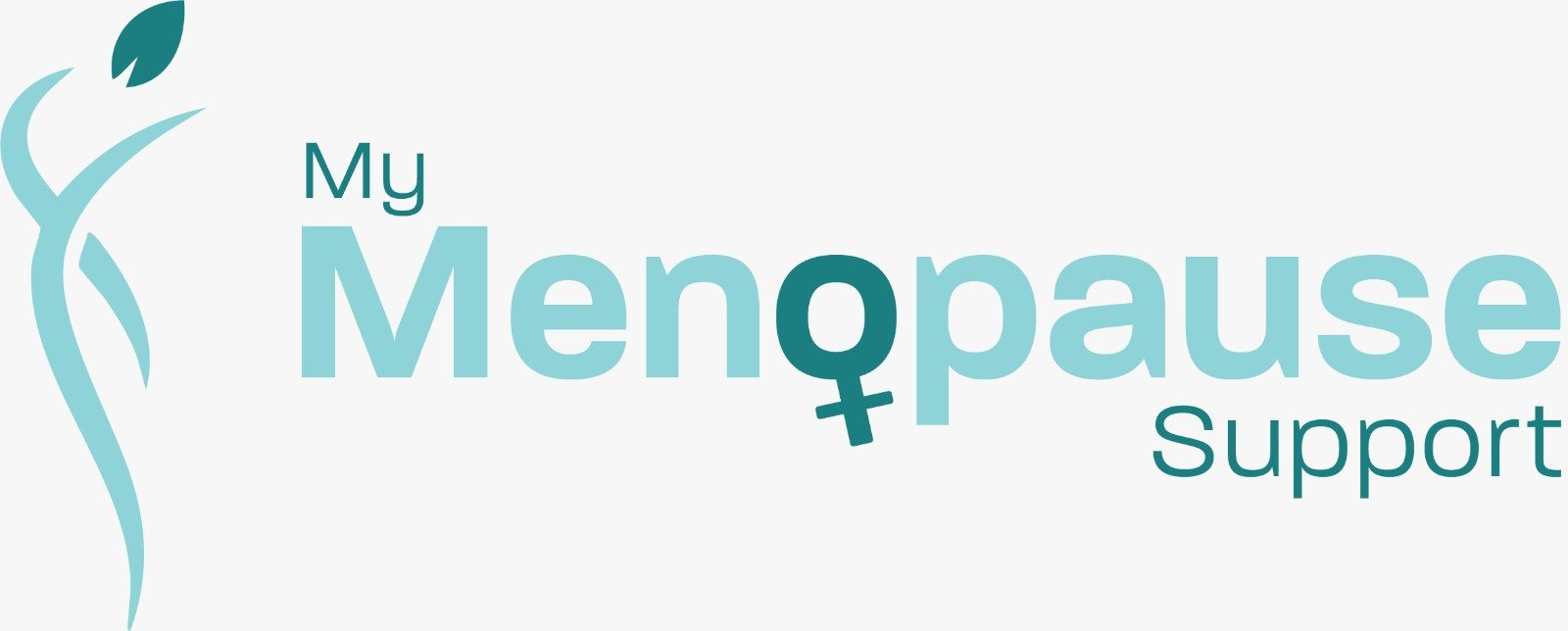Menopause Health & Wellness
Menopause Joint Pain & Aches: Expert Relief with Dr. Sonia Dudeja
Understanding Menopause-Related Aches: It's Not Just "Getting Older"
Are you waking up with stiff, achy joints that you never had before? Do you feel a new kind of soreness in your muscles after normal daily activities? It’s easy to dismiss these feelings as just a regular part of aging, but for many women in perimenopause and menopause, these new aches and pains are directly linked to hormonal changes. You are not imagining it, and you don’t have to simply accept it as your new normal.
At mymenopausesupport.org, Dr. Sonia Dudeja recognizes that menopause-related joint pain is a real and often frustrating symptom that can significantly impact your mobility and quality of life. We believe in taking these concerns seriously, getting to the root cause, and providing a comprehensive plan to help you move with comfort and ease again.

The Science Behind the Aches
Why Your Joints Hurt During Menopause
The new or worsening joint and muscle pain you’re touching is not a coincidence; it’s closely tied to the decline of estrogen in your body. Estrogen is a strong hormone that plays a crucial role in the health of your musculoskeletal system. Dr. Dudeja helps patients understand the key connections:
Estrogen and Inflammation
Estrogen has natural anti-inflammatory properties. As your estrogen levels drop, you may experience an increase in inflammation throughout your body, which can lead to pain and stiffness in your joints.
Collagen Production
Estrogen is essential for the presentation of collagen, the primary structure block of your cartilage, tendons, and ligaments. Lower estrogen levels mean less collagen, which can lead to less flexible and more vulnerable connective tissues.
Joint Lubrication and Hydration
Estrogen helps your body retain water and keep your joints well-lubricated. As levels decline, you may experience more friction and discomfort in your joints, similar to how it can cause vaginal and skin dryness.
Pain Perception
Estrogen also plays a role in how your brain perceives pain. With lower levels, your keenness to pain may increase, making old injuries or minor aches feel more pronounced.
Your Path Forward
A Holistic and Medical Approach to Pain Relief
Dr. Sonia Dudeja’s approach to managing menopause-related joint pain is to treat the whole person, not just the symptom. We start with a thorough evaluation to rule out other conditions like arthritis and then create a personalised plan that combines the best of medical science with adequate lifestyle support.
Comprehensive Medical Consultation
- Your journey begins with a detailed discussion with Dr. Dudeja about the nature of your pain, your medical history, and how it’s affecting your life. This allows us to create a targeted and proper treatment strategy.
Evidence-Based Medical Treatments
- Hormone Replacement Therapy (HRT): For many women, HRT can provide significant relief from joint pain. By restoring estrogen levels, it helps to reduce inflammation, support collagen health, and alleviate the underlying hormonal cause of the discomfort.
- Non-Hormonal Anti-Inflammatory Strategies: If HRT is not the right choice for you, we can explore other medical strategies to manage inflammation and pain, ensuring you have a path to relief.
Integrated Wellness & Lifestyle Support
- Therapeutic Yoga & Gentle Movement: The last thing you may feel like doing is moving, but the right kind of movement is medicine for achy joints. We recommend therapeutic and restorative yoga practices that are specifically designed to enhance flexibility, improve joint mobility, and build muscle strength to support your joints without causing further strain.
- Personalized Nutrition: An anti-inflammatory diet can be a powerful tool. Dr. Dudeja provides guidance on incorporating meals rich in omega-3 fatty acids (like fatty fish), antioxidants (from fruits and vegetables), and other nutrients that help to reduce inflammation and support joint health. Preserving a healthy weight is also critical to reduce the load on your joints.


Frequently Asked Questions
It was very comfortable talking to Dr Dudeja about the symptoms I have been experiencing. She made me feel at ease so I could explain everything in detail.
I was made to feel at ease and comfy very quickly which helped me relax and explain my struggles and symptoms .

